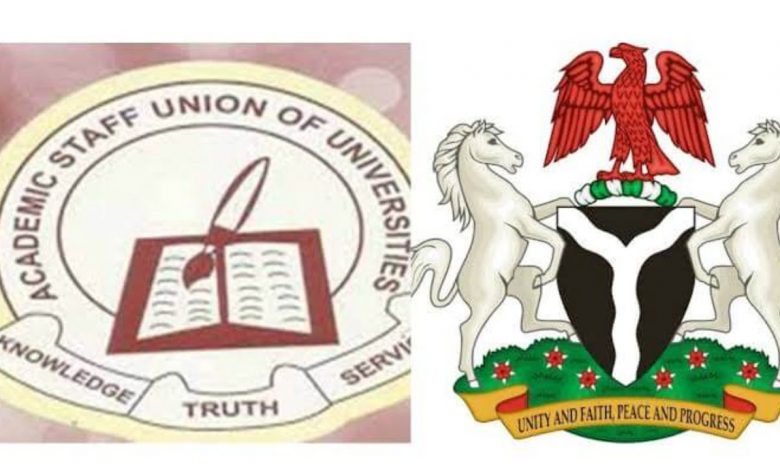
The Academic Staff Union of Universities (ASUU), Abuja zone, expressed deep sorrow on Monday over the loss of several of its members due to economic hardship, inadequate remuneration, and unfavorable working conditions prevailing in the country.
According to ASUU, at least 46 academics have passed away in universities within the Abuja zone, including the University of Abuja, Federal University of Technology Minna, Federal University Lafia, Nasarawa State University Nasarawa, and Ibrahim Babaginda University, Lapai.
The union highlighted the recent demise of Professor Johnson Oyero, an esteemed scholar in Fisheries at the Federal University of Technology, Minna, attributing his death to the lack of access to quality medical facilities.
Salahu Muhammed, the Zonal Coordinator of ASUU, Abuja zone, conveyed these concerns in a statement released to the press in Abuja.
Muhammed stated, “Over the past decade, an increasing number of Nigerian academics have sought opportunities abroad due to challenging circumstances at home. This trend has placed additional strain on those who remain within the country, leading to a decline in their level of dedication and patriotism.”
He emphasized the adverse impact of poor remuneration and working conditions on the mental and physical well-being of academic staff, noting that many have succumbed to the pressure, stress, and associated health issues.
“The loss of 46 members within universities in the Abuja zone underscores the severity of the situation,” Muhammed added. “Tragically, we mourn the recent passing of Professor Johnson Oyero, whose death highlights the dire consequences of inadequate access to quality healthcare.”
ASUU reiterated its call for urgent reforms to address the systemic challenges facing the education sector, including the need for improved funding, better infrastructure, and enhanced welfare for academic staff.
The union urged stakeholders to prioritize the well-being of educators and invest in creating a conducive environment for teaching, research, and scholarly pursuits.
